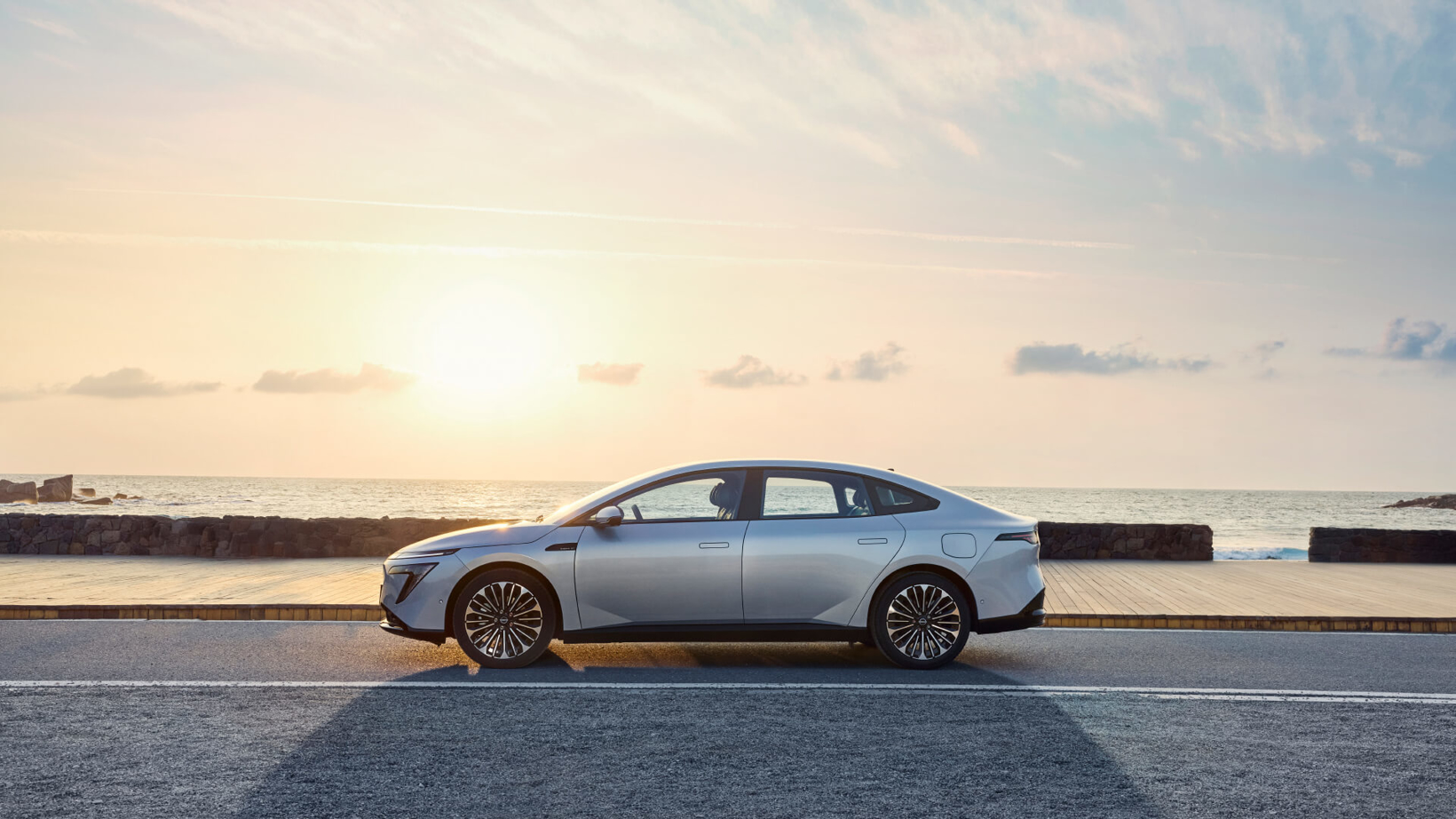Nissan plans to begin exporting electric vehicles from its Chinese factories to Southeast Asia, the Middle East, and other regions in 2026, aiming to leverage its service network in these overseas markets for competitive advantage. The automotive company is currently reviewing its global production layout in hopes of quickly reversing its business fortunes by selling electric vehicles made in China to other markets. Among the electric vehicles Nissan intends to export is the N7 mid-size sedan, which is the first electric vehicle designed and developed by Nissan's joint venture in China. Launched in April, the N7 has performed well in sales, with a starting price of 119,900 yuan (approximately $16,733), and is produced at Nissan's factory in Guangzhou, Guangdong Province. The car's software utilizes artificial intelligence technology from a Chinese company. However, due to restrictions on the use of Chinese AI products in some countries, Nissan will need to modify the software specifications for export vehicles. To develop software tailored for export markets, Nissan has invested in IAT Automobile Technology, a leading Chinese electric vehicle developer. On June 25, Dongfeng Motor Group announced the establishment of a joint venture with NCIC (Nissan's wholly-owned subsidiary) to engage in automobile export business. The joint venture has a registered capital of 1 billion yuan, with Dongfeng and NCIC investing 400 million yuan and 600 million yuan respectively, holding 40% and 60% of the shares. China has been at the forefront of automotive electrification, and Chinese-made electric vehicles excel in range, comfort, and other aspects. Nissan believes that low-priced electric vehicles manufactured in China will attract a significant amount of overseas orders. Additionally, Nissan plans to launch other electric vehicles and plug-in hybrid vehicles in the Chinese market, including its first electric pickup model by the end of this year. The challenges Nissan faces are partly due to delays in launching new models. In May, the company announced a business recovery plan that includes cutting 20,000 jobs and consolidating 17 factories into 10. Furthermore, the company is working to build an optimal supply system, positioning electric vehicles as its core product for the future.
Nissan to Start Exporting Electric Vehicles from China in 2026

Share this post on: